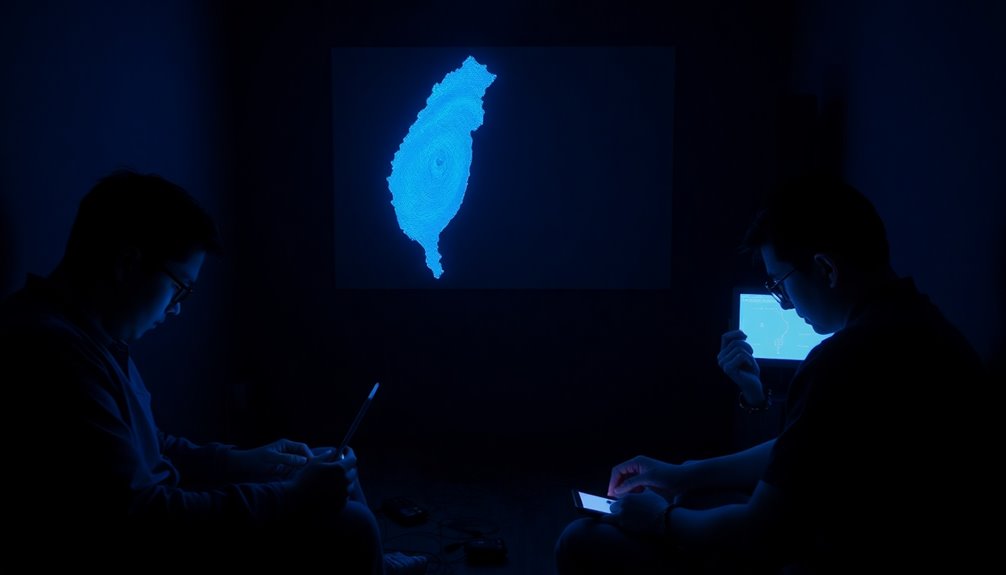
China has officially named four individuals it claims are Taiwanese cyber warriors, accusing them of launching cyberattacks against critical infrastructure on the mainland. The Ministry of State Security (MSS) alleges that these members of Taiwan‘s Information, Communications, and Electronic Force Command (ICEFCOM) have targeted essential systems, including water, electricity, gas, heating, communications, and network-based cameras.
These accusations aren’t just idle threats; they come amidst heightened tensions between China and Taiwan, with cyber warfare becoming an increasingly common battleground. According to the MSS, the accused individuals have been involved in spreading fake news and conducting cyberattacks since at least 2023. By publishing detailed personal information about these individuals, China aims to bolster its claims and perhaps intimidate others who might consider similar actions.
In response, Taiwanese officials have firmly denied the accusations, asserting that ICEFCOM’s primary role is to maintain military online networks rather than engage in offensive cyber operations. This incident isn’t isolated; Taiwan has witnessed a significant rise in cyberattacks from China, especially in 2024. Taiwan must remain vigilant against Chinese intelligence operations as experts suggest.
As China continues to develop its advanced cyber capabilities, its focus remains on disrupting critical infrastructure. Over the past year, China-linked cyber espionage activities surged by 150%, targeting various sectors, including financial services, media, and manufacturing. It’s evident that cyber warfare is a component of larger political tensions, as China views Taiwan as a province that needs to be reunited with the mainland.
Adding another layer of complexity, the Anonymous 64 group has conducted numerous cyberattacks against Chinese targets, raising further allegations that Taiwan’s military supports these operations. However, Taiwan has denied any involvement with this group, emphasizing that it doesn’t engage in such cyber activities.
The sophistication of attacks from Chinese threat actors is alarming, as they increasingly employ stealthy tactics and are utilizing AI-powered methods, particularly in social engineering. Unpatched vulnerabilities remain a common entry point for these attackers, allowing for rapid lateral movement within compromised networks.
As the landscape of cyber warfare evolves, specialized industries like telecom and law are becoming more frequent targets. As these tensions escalate, international implications loom large. The rise of new nation-state actors in cyber warfare expands the global threat landscape, and the involvement of nations like the US could complicate matters further.
Enhanced cybersecurity measures and international cooperation are essential to counter these sophisticated threats and ensure stability in the region.









